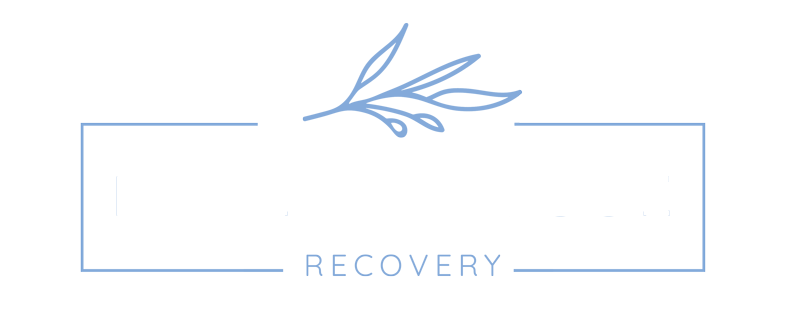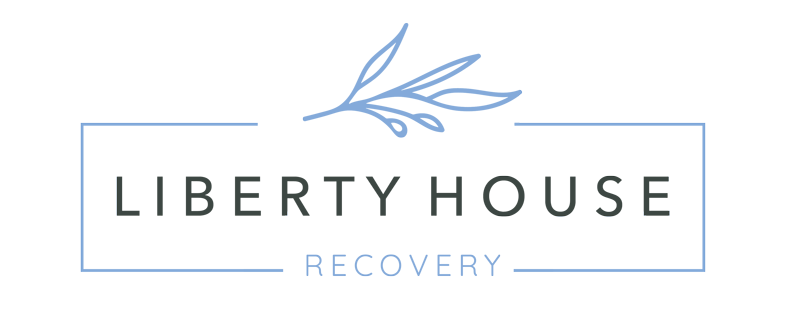Liberty House Recovery Center is the perfect place for you if you’re looking for a medically assisted drug rehab in Michigan. We offer medically assisted treatment in a safe and comfortable environment.
Our staff is dedicated to helping you overcome your addiction and start living a healthier life. Keep reading to find out how medically assisted treatment in drug rehab is used and why it can help you with addiction recovery!
Contact Liberty House Recovery today to learn more about our detox center in Michigan.
Why is Alcohol and Drug Withdrawal Dangerous?
Alcohol and drug withdrawal can be a dangerous process. People who become dependent on certain drugs may experience painful and intense physical symptoms when they try to quit.
These symptoms can lead to medical emergencies or even death in the worst cases.
What is Medically Assisted Treatment in Drug Rehab?
Medically assisted drug rehab is used to treat people with moderate to severe addictions.
These treatment programs help reduce the physical symptoms of withdrawal and make it easier for patients to focus on their recovery.
Which Addictions Require MAT Drug Rehab?
Opioids, alcohol, and benzodiazepines are some of the substances that require medically assisted rehab.
Opioid Dependence
In the case of opioids, medically assisted treatment is often necessary to avoid life-threatening withdrawal symptoms.
When withdrawing from opioids, patients risk developing symptoms such as fatigue, muscle aches, nausea, vomiting, and diarrhea.
In more severe cases, they may experience confusion, fever, irregular heartbeat, and even seizures.
Alcohol Abuse
With alcohol addictions, medically assisted treatment is often necessary to avoid severe withdrawal symptoms such as delirium tremens (DTs).
Patients who suffer from delirium tremens may experience confusion, fever, hallucinations, and seizures.
Benzodiazepines
People who are addicted to benzodiazepines also require medically assisted treatment. Withdrawal from benzodiazepines can cause symptoms such as anxiety, seizures, and insomnia.
These symptoms can become life-threatening in severe cases, leading to coma or even death.
How Does Medically Assisted Treatment Work?
To fully recover from alcohol or drug addiction, first, you must remove the toxins from your body. Medication-assisted treatment helps detoxify your body by replacing the drug you are addicted to with medically supervised medications.
These medications reduce or eliminate withdrawal symptoms and cravings, allowing patients to focus on their recovery.
Medically assisted treatments are usually administered by a professional in a clinical setting.
Alongside medically assisted drug rehab treatments, patients receive other mental health interventions, including:
- Inpatient Treatment: An inpatient medically assisted treatment program is a safe and secure environment for recovering from addiction, with 24/7 medical supervision.
- Outpatient Treatment: An outpatient medically assisted drug rehab is a less intensive treatment plan that allows patients to participate in their recovery outside of the hospital setting.
- Intensive Outpatient Program: This program combines medically assisted treatments and counseling sessions to help patients recover.
- Psychotherapy: Counseling or cognitive behavioral therapies are often used to help patients identify their triggers and plan healthier coping strategies.
- Support groups: Group sessions can provide patients with emotional support and remind them that they are not alone in their recovery journey.
What Are the Benefits of Medically Assisted Treatment?
MAT addiction treatment can help patients in a few different ways. It can reduce the severity of withdrawal symptoms and make it easier for people to stick with their treatment plan.
It also allows medical professionals to monitor a patient’s progress and provide support if needed. Finally, medically assisted drug rehab increases the chances of a successful recovery.
What Medications Are Used During Addiction Treatment?
Specific medications for each disorder are used during MAT drug rehab, including:
Alcohol Addiction Medications
- Acamprosate: Helps reduce cravings and prevent relapse.
- Naltrexone: Blocks the effects of alcohol, reducing cravings and preventing relapse.
- Disulfiram: Triggers an unpleasant reaction if the patient consumes alcohol while on this medication.
Opioid Addiction Medications
- Buprenorphine: A synthetic opioid that reduces cravings and withdrawal symptoms while preventing the effects of other opioids.
- Methadone: A synthetic opioid that helps reduce cravings and withdrawal symptoms.
- Naltrexone: Blocks the effects of opioids, reducing cravings and preventing relapse.
Opioid Overdose Prevention Medication
- Naloxone: Reverses the effects of an opioid overdose.
Benzodiazepine Dependence Medications
- Flumazenil: Reverses the effects of benzodiazepines, reducing cravings and preventing relapse.
Liberty House Recovery Provides Medically Assisted Treatment in Drug Rehab
At Liberty House, medically assisted treatment is combined with other forms of therapy, such as cognitive-behavioral therapy, group counseling, and family therapy. Our luxury drug and alcohol detox center in Michigan provides patients with a safe and comfortable environment.
We offer medically assisted detoxification that helps patients manage the physical symptoms of withdrawal so they can focus on their recovery.
Our staff is dedicated to providing high-quality care and helping our patients achieve sobriety.
If you or a loved one are struggling with addiction, medically assisted treatment could be the right choice. Learn more about medically assisted drug rehab and how we can help you on your journey to recovery by calling Liberty House today!



